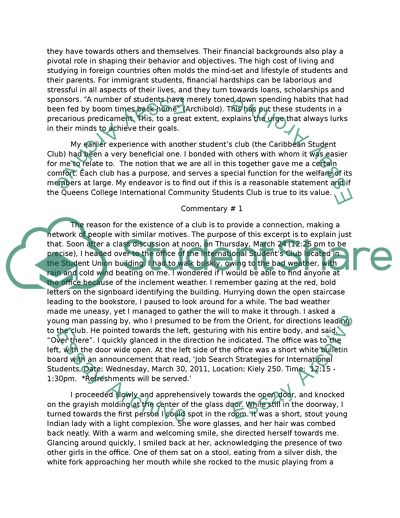Cite this document
(The International Community Students Club Is More Than Just a Cultural Essay, n.d.)
The International Community Students Club Is More Than Just a Cultural Essay. Retrieved from https://studentshare.org/social-science/1752961-ethnography-report
The International Community Students Club Is More Than Just a Cultural Essay. Retrieved from https://studentshare.org/social-science/1752961-ethnography-report
(The International Community Students Club Is More Than Just a Cultural Essay)
The International Community Students Club Is More Than Just a Cultural Essay. https://studentshare.org/social-science/1752961-ethnography-report.
The International Community Students Club Is More Than Just a Cultural Essay. https://studentshare.org/social-science/1752961-ethnography-report.
“The International Community Students Club Is More Than Just a Cultural Essay”, n.d. https://studentshare.org/social-science/1752961-ethnography-report.


